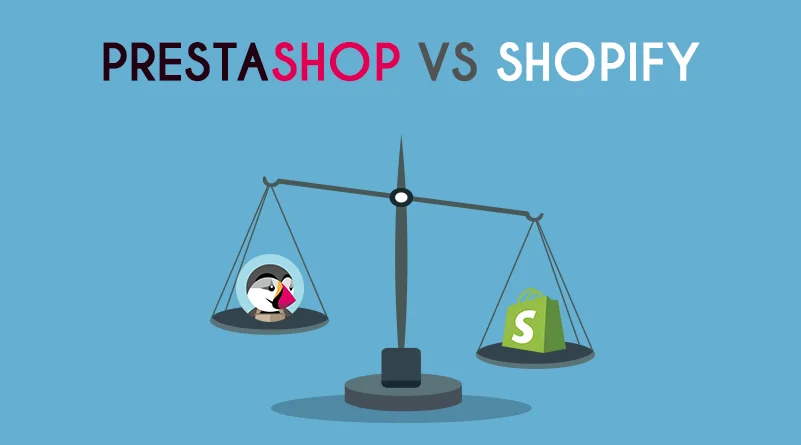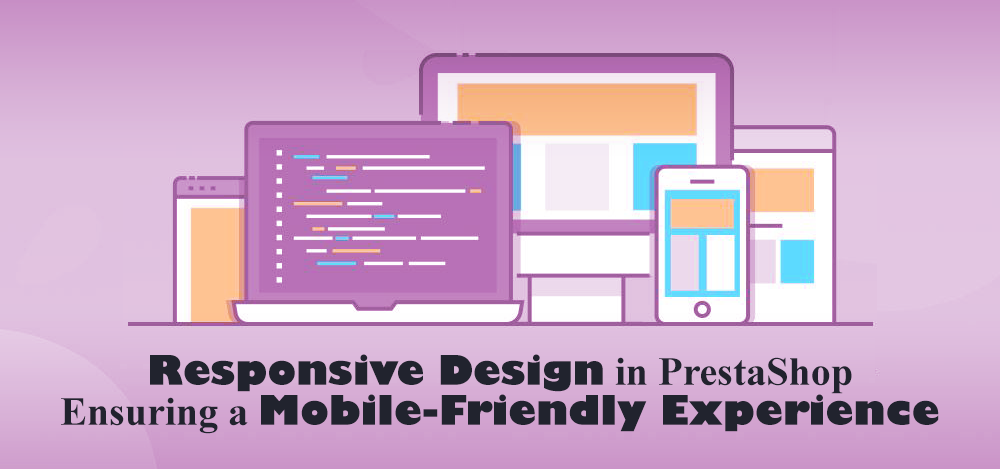
In the dynamic realm of online commerce, selecting the right e-commerce platform is pivotal for businesses venturing into the digital marketplace. With numerous options available, including the renowned WooCommerce, it’s essential to conduct a comprehensive comparison to make an informed choice.
1. Ease of Use
WooCommerce: Renowned for its user-friendly interface, WooCommerce seamlessly integrates with WordPress, offering a familiar environment for users. Its intuitive setup process and straightforward management make it an ideal choice for individuals with basic technical skills.
Other Platforms: While some e-commerce platforms boast user-friendly experiences, others may present a steeper learning curve. Factors such as customization options and dashboard complexity can vary significantly among different platforms.
2. Customization Options
WooCommerce: A standout feature of WooCommerce is its extensive range of customization options. With a plethora of themes and plugins, users can tailor their online stores to meet specific business requirements. WooCommerce provides flexibility to customize themes and plugins according to individual needs.
Other Platforms: Customization levels vary across different platforms. While some may restrict users to predefined templates, others allow more extensive modifications. The degree of flexibility often hinges on the platform’s architecture and compatibility with third-party extensions.
3. Cost
WooCommerce: As an open-source platform, WooCommerce itself is free to use. However, users may incur costs for themes, plugins, and hosting services. The overall expenses are contingent upon the specific needs and scale of the online store.
Other Platforms: E-commerce platforms typically offer diverse pricing models, ranging from monthly subscriptions to transaction fees. While some platforms provide a basic free plan with the option to upgrade for additional features, others feature more straightforward pricing structures.
4. Scalability
WooCommerce: Known for its scalability, WooCommerce accommodates businesses of all sizes. Users can seamlessly expand their operations by adding more features and resources to accommodate increased traffic and transactions.
Other Platforms: Various e-commerce platforms cater to different business sizes. Some are tailored for small businesses, while others offer robust solutions for enterprise-level operations. Selecting a platform aligned with long-term business goals is crucial.
5. SEO Friendliness
WooCommerce: Built on the SEO-friendly WordPress platform, WooCommerce inherits its optimization capabilities. It offers customizable permalinks, meta descriptions, and support for SEO plugins, contributing to enhanced search engine visibility.
Other Platforms: SEO features vary among e-commerce platforms. While some platforms include built-in SEO tools, others may require third-party integrations for optimization purposes.
Conclusion
In the WooCommerce vs. other e-commerce platforms comparison, consider factors such as market demand and business goals. While WooCommerce’s seamless integration with WordPress, extensive customization options, and scalability make it a compelling choice, other platforms may offer specific advantages based on ease of use, cost, or SEO capabilities. Assess your business requirements, budget constraints, and growth plans meticulously to select the platform aligning with your vision for a successful online venture.
WooCommerce Support: For technical assistance, reach us at [email protected]. Explore our range of plugins to enhance your online store’s functionality on the WooCommerce plugins page. If you seek expert guidance or custom functionality development, hire WooCommerce Developers for personalized solutions.




























